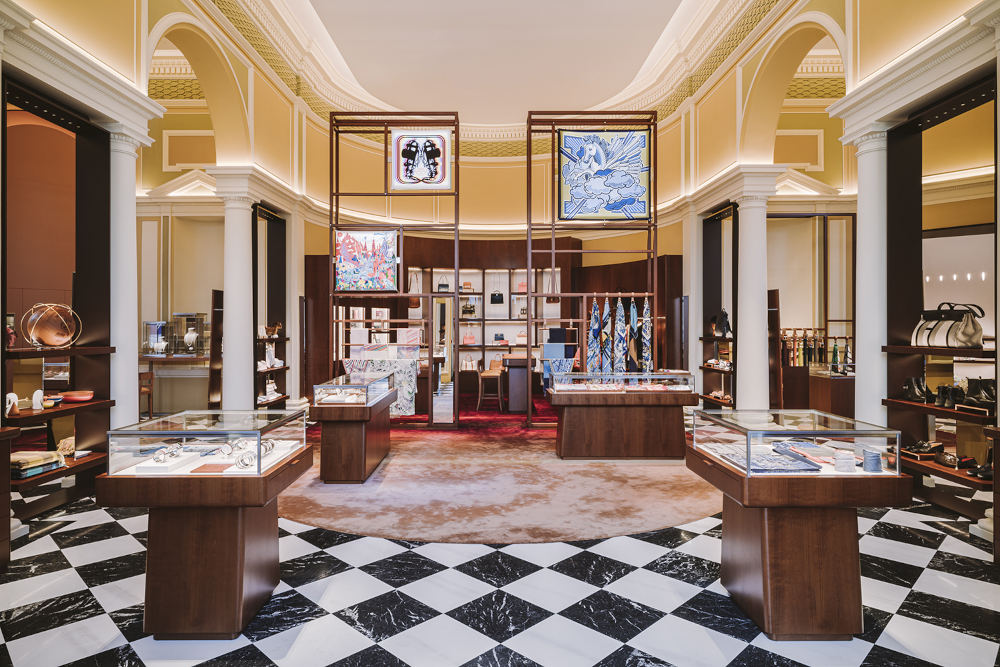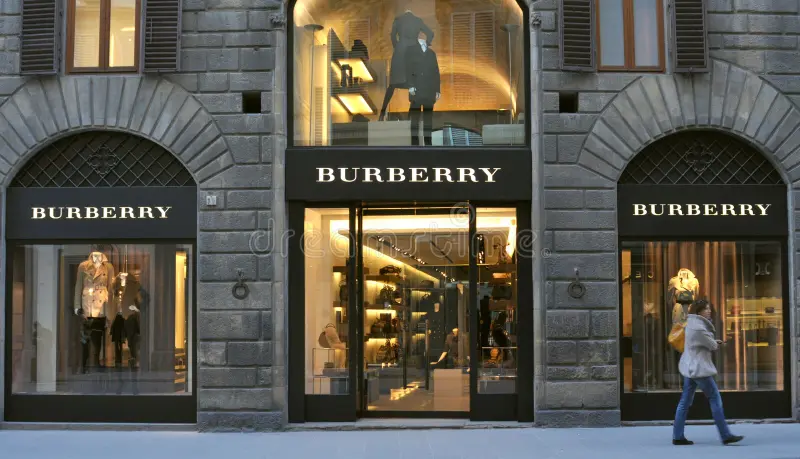Burberry, Hugo Boss, Swatch Group and Richemont began the second quarter of 2024 by announcing financial results that disappointed investors. The reports reveal how difficult market conditions are for luxury brands at the moment. Burberry’s shares fell more than 16% on Monday, while Hugo Boss saw its stock value fall nearly 7.5% on Tuesday. They followed the release of results that showed operating profits declined by about 40% year-on-year. The reshuffling of the luxury fashion market is very evident.
Reshuffling in the luxury fashion market. Sales declines in Asia and the Americas
Burberry and Hugo Boss were particularly affected by sales declines in Asia-Pacific and the Americas. Sales Burberry in these regions fell by 23%, while Hugo Boss recorded about a 3% decline in both regions. The situation was similar for Richemont, owner of the Cartier brand, which reported a 27% drop in sales in China, and the Swatch Group, which registered an 11% drop in sales globally, with significant declines in China.

The reshuffling of the luxury fashion market is an investment opportunity, but also a moment that requires careful observation of the market.
Future performance of Kering, LVMH and Hermès.
Investors are awaiting the financial results of Gucci, LVMH and Hermès, which are expected to be announced on July 23 and 25, respectively. The luxury sector faces the difficult task of rebuilding investor confidence in the face of declining sales results. The S&P 500 Textiles Apparel & Luxury Goods Industry Index is down nearly 30% in 2024. This underscores the difficulties the industry is facing.
China’s economic problems affect luxury market
China, which was responsible for nearly 16% of global luxury spending last year, is also experiencing economic difficulties. GDP growth slowed to 4.7% year-on-year. Problems such as falling land sales, an aging population and declining exports are affecting the country’s economic health. Luxury brands such as Burberry and Richemont experienced a wave of returns and exchanges during China’s biggest shopping festival. Return rates rose to around 50% this year, well above the industry average of 30%.
The luxury market is losing value
LVMH, which had been the most valuable company in Europe, lost its place to the GLP-1 drug maker Ozempic and Wegova, Novo Nordisk. LVMH’s market capitalization fell to $375 billion, while Novo Nordisk’s rose to $461 billion. The luxury sector has lost $200 billion in value in recent months, with LVMH recording the largest decline.
A bright spot in the market: Miu Miu
Miu Miu has distinguished itself from other luxury brands, posting 58% growth last year and 90% year-on-year growth in the first quarter, contributing to Prada Group’s 17% sales growth. Miu Miu’s success stems from the brand’s ability to resonate with Asian customers and younger generations who appreciate fashionable and modern products.
The luxury industry is experiencing difficult times, with severe declines in sales and market value. The reshuffling of the luxury fashion market, as seen in the financial reports of brands such as Burberry, Hugo Boss, Swatch Group and Richemont, shows the depth of the current challenges. Kering’s upcoming financial results, LVMH and Hermès will be key to assessing the future of the sector.
Luxury News Editor
Joanna Baran
Source: forbes.com





